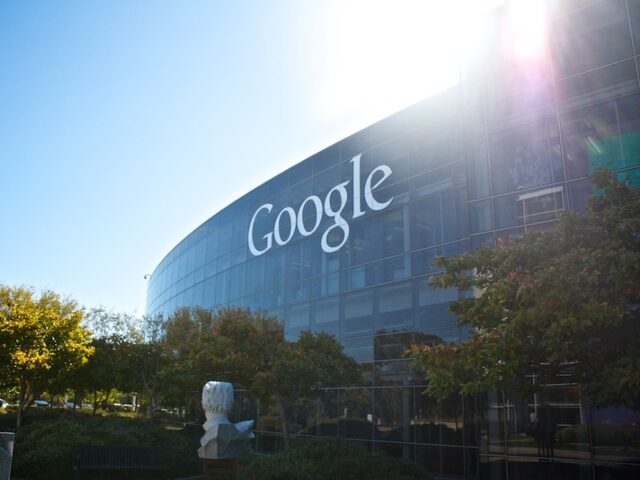James Manyika, Google’s senior vice president for research, technology and society, believes artificial intelligence breakthroughs are coming fast, but translating the technology into real economic gains will require significant work and innovation. In fact, he thinks that the productivity gains from AI that big tech has pinned their hopes on are no “guaranteed.”
The Financial Times reports that in a recent interview, James Manyika, Google’s senior vice president for research, technology and society, discussed the advancements, challenges, and potential of AI adoption across various industries. Manyika, who holds a robotics doctorate from Oxford and previously worked at McKinsey, believes that while AI has made significant strides in the past year, its widespread adoption and productivity gains are not guaranteed without considerable effort and investment.
Manyika highlighted the development of transformers, the technology behind large language models (LLMs), which have allowed Google Translate to expand its language support and enabled Google’s Gemini chatbot to handle increasingly complex queries. However, he acknowledged that most people still see AI as fun apps rather than business tools that could help to revolutionize workforces.
To truly harness the potential of AI, Manyika emphasized the need for large sectors such as healthcare and retail to adopt the technology. “The use of generative AI in drafting software code alone is not sufficient to drive significant productivity gains, as the tech sector only accounts for about 4% of the U.S. labor force,” he said. Instead, he envisions AI assisting professionals like nurses, doctors, and tutors rather than replacing them entirely.
Manyika added: “Right now, everyone from my old colleagues at McKinsey Global Institute to Goldman Sachs are putting out these extraordinary economic potential numbers — in the trillions — [but] it’s going to take a whole bunch of actions, innovations, investments, even enabling policy . . . The productivity gains are not guaranteed. They’re going to take a lot of work.” […]
— Read More: www.breitbart.com
- Gold SKYROCKETED during Trump’s first term and is poised to do it again. Find out how Genesis Precious Metals can help you secure your retirement with a proper self-directed IRA backed by physical precious metals.



